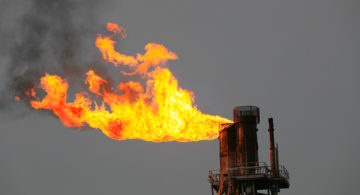The shale revolution changed the world

If a single point was driven home at last week’s Tyler Area Energy Summit, it was this – the shale revolution has brought about far greater disruption and uncertainty than anyone could have imagined. Technological breakthroughs – horizontal drilling, and cracking open rocks with water – have upended markets and toppled governments.
The world is changing. And Texas is at the eye of this storm.
Environmental attorney Mike Nasi, speaking at the Summit, explained that “Tyler is the functional epicenter of energy in Texas. … People will talk about the Permian Basin or Eagle Ford Shale, but Tyler is in the middle of it all.”
Added former state Sen. Todd Staples, now serving as president of the Texas Oil and Gas Association: “The shale revolution was brought about by Texas ingenuity. We have an unprecedented level of energy security because of Texas – imports are down 60 percent since 2005.”
For a century, we’ve been told the world is running out of oil. Many books have been written about the “peak oil” theory, which posits that soon, petroleum production will top out, and that event will be followed by an inevitable decline in availability, paired with a dramatic increase in oil prices.
But hydraulic fracturing – fracking – has opened up vast reserves of oil and gas in shale rock formations. Dr. Anas Alhajji, an economist with NGP Energy Capital Management, explained at the Energy Summit that the shale revolution resulted in a huge increase in domestic production.
“The shale revolution produced the equivalent of two Kuwaits, in terms of production,” he said. “Remember, we went to war for one Kuwait. Now we have two, without a war.”
But there are downsides. Oil and gas market disruptions have contributed to political disruptions throughout the world.
As Politico magazine points out, “Oil prices drive not just economics, but geopolitics. Alliances rise and fall over petroleum. Expensive oil props up governments in Russia and Iran, provides stability in Middle Eastern countries and also offers a revenue stream to extremist groups in Nigeria and Iraq.”
Alhajji explained to those attending the Energy Summit that the Saudi effort to smother the shale revolution in its crib has already split the once-united and powerful Organization of Petroleum Exporting Countries (OPEC).
“There were suddenly winners and losers,” he said. “That’s why they can’t agree on anything now.”
The Saudi strategy is already pressuring governments in Nigeria, Libya, Kurdistan and Venezuela, he said.
“Those countries are truly hurting in every sense,” he said.
What’s ahead for Texas and the U.S.? That’s unknowable. The shale revolution has changed everything – including the way economists predict oil futures.
“Once countries maxed out on production, they started competing on prices,” Alhajji explained. “In an environment like this, no model can predict anything.”
Ultimately, the Saudis will have to abandon their strategy. The shale revolution isn’t going away. The message of the Tyler Area Energy Summit was clear – hang on. It’s going to be a rough ride for many months to come.
But the shale revolution has put the U.S. and Texas in the driver’s seat.












Fracking are the last breaths of a dying industry. Each well is exhausted within a few years and resistance against Fracking is growing across the world. Fracking isn’t profitable for its investors, it resembles a giant Ponzi scam. Renewable energy is getting cheaper every day and it is pushing fossil fuels out of markets across the world. Divest before you fall off the stranded assets cliff.